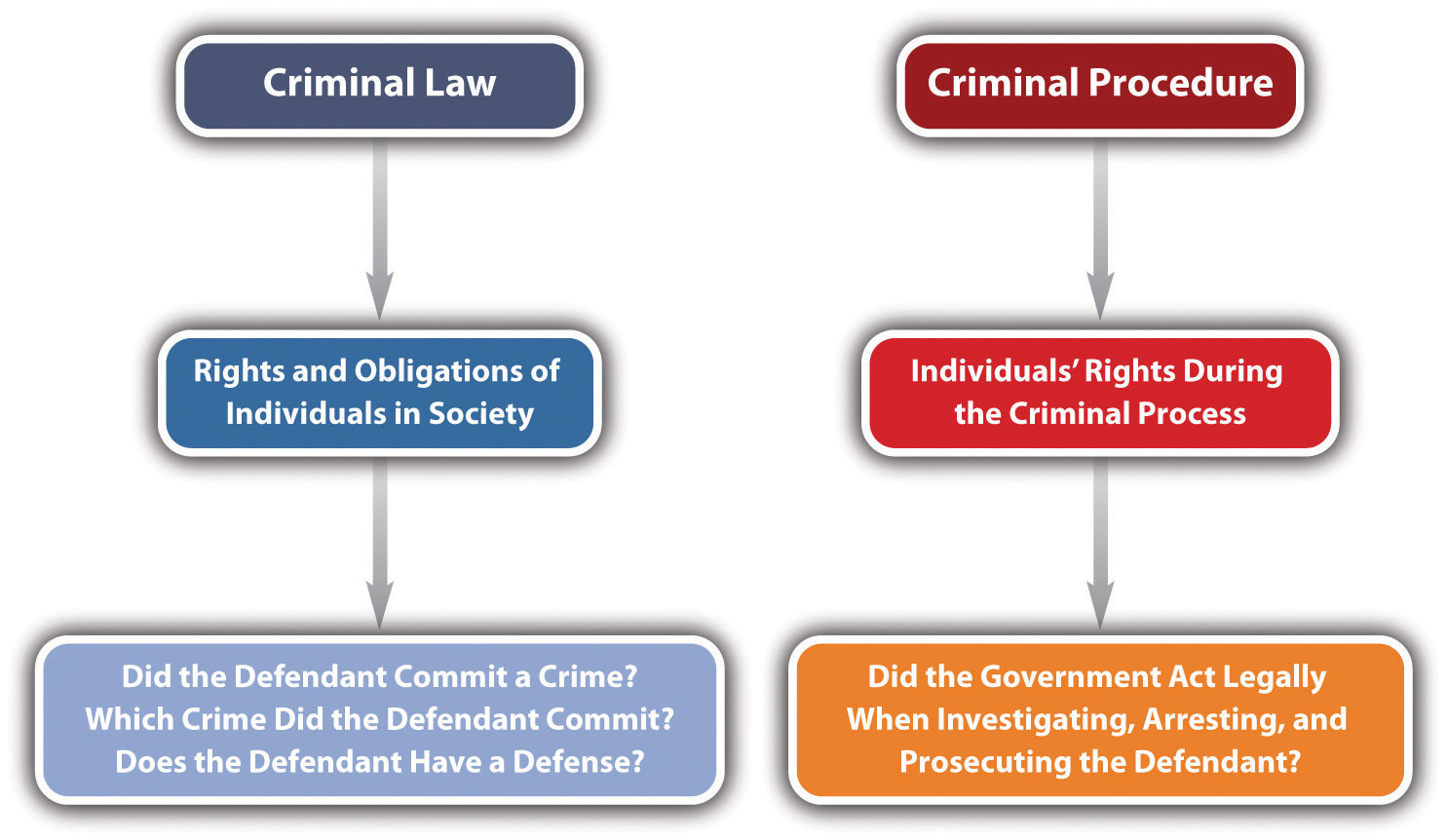
Criminal law, as distinguished from civil law, is a system of laws concerned with punishment of individuals who commit crimes. Thus, where in a civil case two individuals dispute their rights, a criminal prosecution involves the government deciding whether to punish an individual for either an act or an omission.
Criminal law related to construction and the law governing administrative offences continue to gain importance in the field of construction. The responsible persons at companies face the threat of fines and imprisonment. Fines are by no means any longer rare.
Criminal laws involve punishing the acts of human beings. In South Africa, criminal law is based on common law, and legislation. A crime is “an offence by breaking prohibitor rules or laws, to which legitimate punishments are attached. The standard of evidence in South Africa is Proof beyond Reasonable Doubt.

Common-Law Related to Construction
When a specific matter is not governed by legislation, common law usually applies. South African common law is mainly the 17th and 18th century Roman-Dutch law that was transplanted to the Cape. This forms the basis of modern South African law and has binding authority.
When two parties have entered into a contract of the sale of goods is a contract by which the seller transfers or agrees to transfer the property in goods to the buyer for money, called the price. The terms of the contract refer to the respective duties and obligations of each party to the contract.
In defining the implied terms the protection of the parties are established and therefore gives rise to any remedies that may be provided by these terms.
Terms that may be implied into a construction contract include:
- A duty to cooperate: the employer must do what is necessary to ensure completion of the contract, by reference to the express contract terms.
- A duty to give up possession of the site within a reasonable time: this only applies in certain types of contract (e.g. not maintenance or refurbishment).
- An obligation not to hinder/prevent the contractor: the contractor must not be prevented from performing its obligations under the contract in a regular and ordinary manner.
- An obligation to exercise a discretion honestly, in good faith: the discretion must however be exercised for its proper purpose, and not arbitrarily or capriciously.